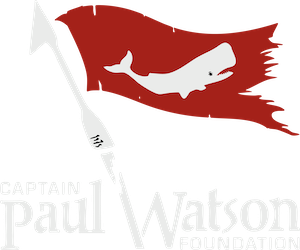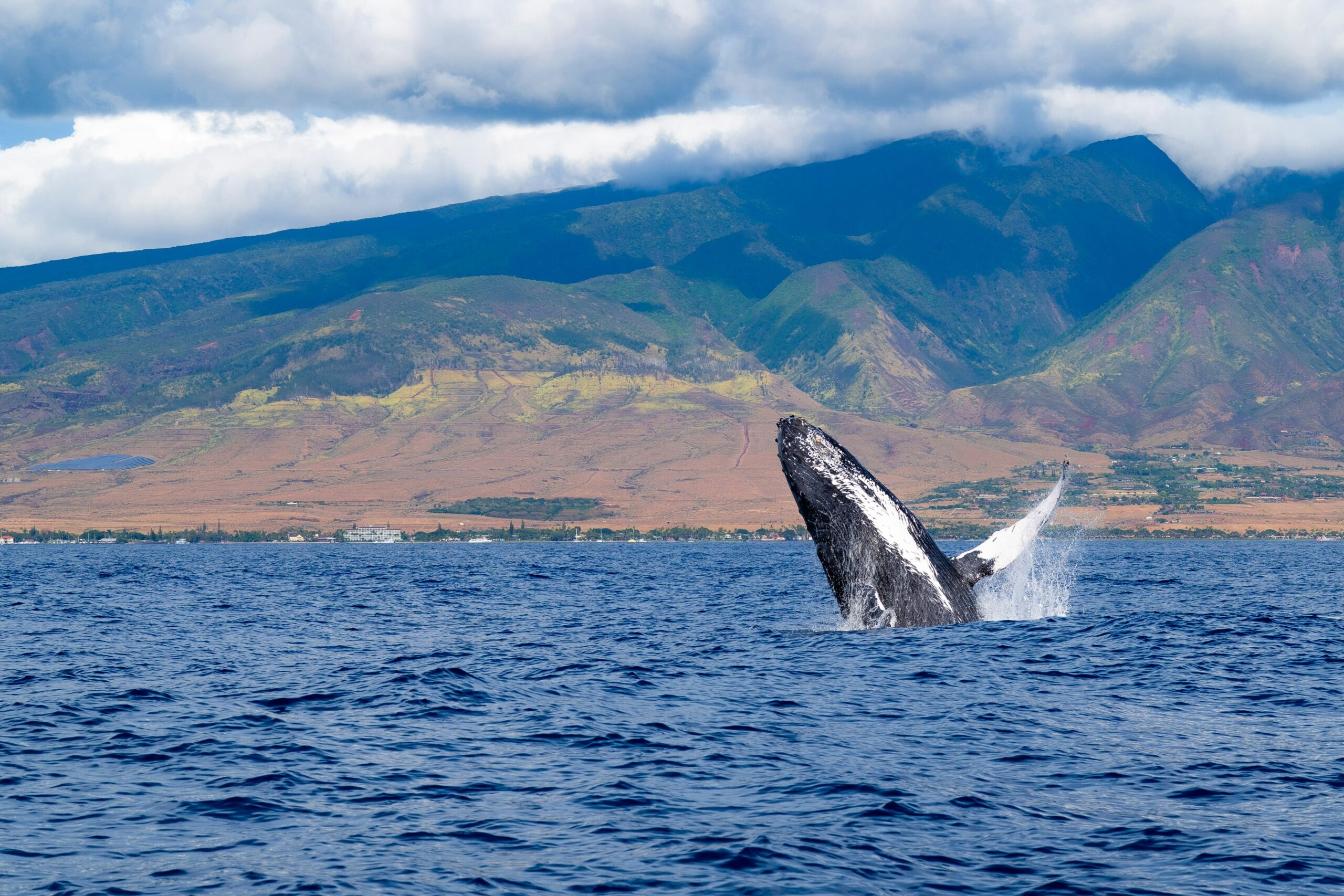The Captain Paul Watson Foundation welcomes the ratification of the High Seas Treaty, a landmark achievement for ocean conservation. Yesterday, Morocco became the 60ᵗʰ country to ratify the treaty, the final signature needed for it to enter into force. This historic milestone ensures that, for the first time in history, there is a legally binding framework to protect two-thirds of the world’s oceans that lie beyond national borders.
Originally signed in 2023, the High Seas Treaty commits nations to protecting 30% of international waters by creating Marine Protected Areas. However, this agreement could only take effect once 60 countries had ratified it. That threshold has now been reached, and the treaty will officially enter into force in January 2026.
Captain Paul Watson added: “The High Seas Treaty ratification gives legal justification, along with the U.N. World Charter for Nature, for NGOs to intervene against activities threatening life, diversity and interdependence in the sea.”
Environmentalists around the world are calling this a “monumental achievement” and proof that nations can work together to protect our shared planet.
The Mission Continues
While the ratification is cause for celebration, the Captain Paul Watson Foundation stresses that the fight is far from over. Industrial krill trawlers are currently devastating the Antarctic ecosystem, stripping away the very foundation of the food chain upon which whales, penguins, seals, and countless other species depend.
This destructive exploitation directly threatens the biodiversity the High Seas Treaty is designed to protect. Our mission is clear: to defend life in the ocean, enforce these new protections, and expose and confront the industries that profit from the destruction of marine ecosystems.
The Captain Paul Watson Foundation will continue its direct-action campaigns in Antarctica and across the world’s oceans, ensuring that the promise of the High Seas Treaty becomes a reality in practice, not just on paper.

